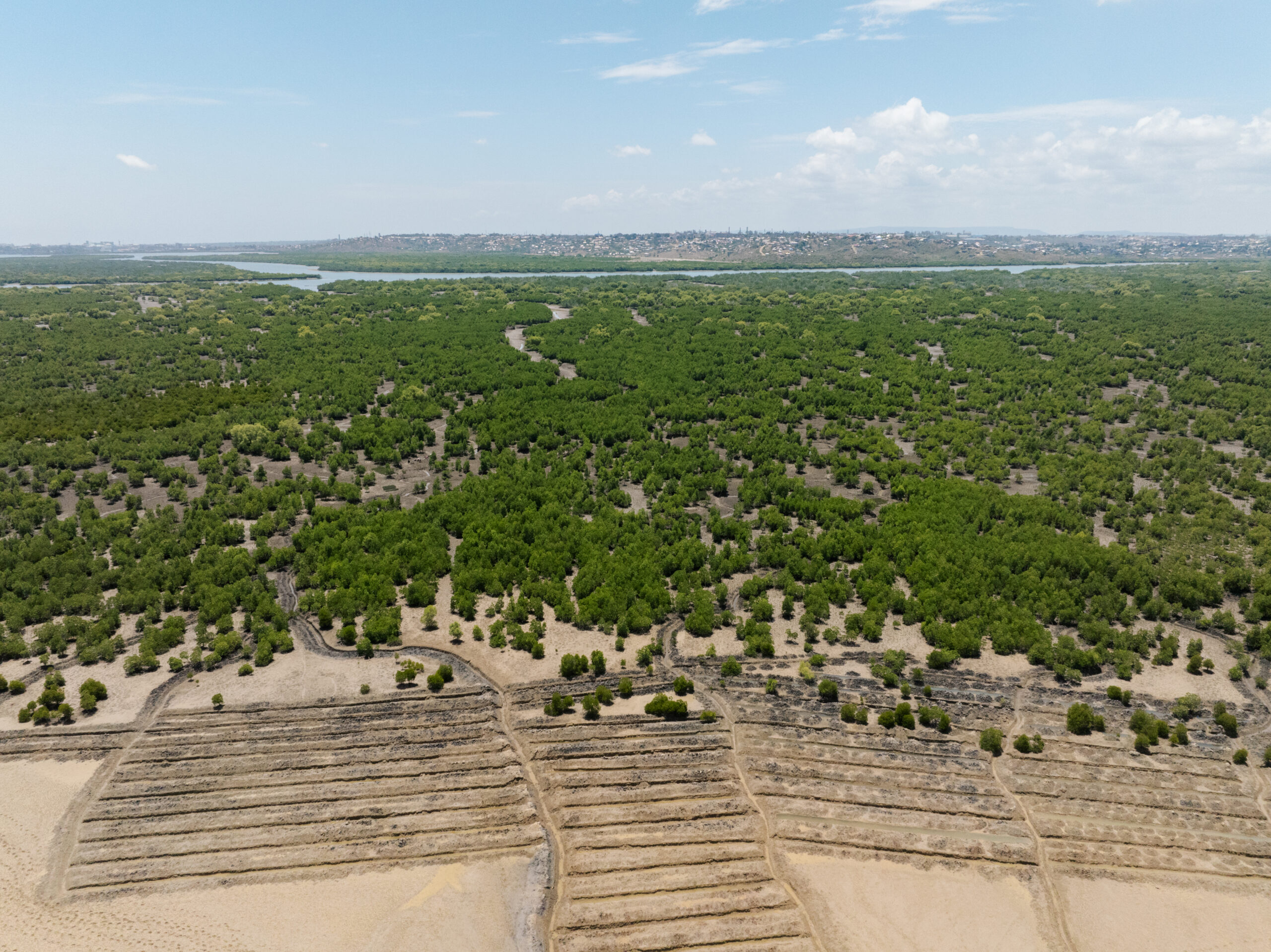Mangroves on the Brink: Global Biodiversity at Risk as Restoration Efforts Ramp Up
As the world marks World Environmental Health Day on 26 September, attention is turning to the critical role of mangrove forests in maintaining healthy and resilient coastal ecosystems. Despite their vital ecological functions and the extraordinary diversity of wildlife they support, mangroves are facing unprecedented threats from deforestation, coastal development, and climate change.
Mangroves, which thrive where freshwater meets the sea along tropical and subtropical coastlines, form dense forests whose complex root systems create underwater corridors teeming with life. These ecosystems host over 1,500 species, ranging from microscopic organisms to large marine mammals. In the canopy, birds such as kingfishers, herons, and endemic mangrove warblers nest, while Southeast Asia’s proboscis monkeys navigate the branches, and West Indian manatees graze in Caribbean mangrove channels.
Beneath the surface, mangroves act as vital nurseries for juvenile fish, crabs, and shrimp, which later populate coral reefs and offshore fisheries. Studies show that more than 80 per cent of global fish catches rely on healthy coastal ecosystems. Mangrove forests also provide essential protection and feeding grounds for young sharks, rays, and numerous other marine species.
Despite their ecological significance, mangroves have been severely depleted. Coastal development has eliminated 35 per cent of global mangrove coverage over the last 20 years, leaving remaining forests fragmented and less able to sustain biodiversity. Rising sea levels, changing rainfall patterns, and intensifying storms caused by climate change exacerbate these pressures, threatening both ecosystems and the livelihoods of coastal communities.
Kenya’s coastline illustrates the urgency of this global challenge. Decades of development and climate stress have degraded mangrove habitats, jeopardising marine biodiversity and the livelihoods of more than 700,000 people who depend on fisheries. In response, Husqvarna, in partnership with environmental organisations veritree and EarthLungs, has launched the ambitious Kenyan Mangrove Restoration Project, aiming to plant over 500,000 mangrove trees along degraded coastlines.
The project not only restores critical habitats but also empowers local communities by providing employment, training in seedling cultivation, planting techniques, and ecosystem monitoring. Advanced technology tracks restoration progress, ensuring survival and growth of mangroves into mature forests capable of supporting full biodiversity.
“The restoration of mangrove forests represents more than conservation. It embodies a fundamental shift toward recognising nature as our greatest ally in addressing the interconnected crises of biodiversity loss, climate change, and social inequality,” said Jonas Willaredt, Vice President of Sustainability Affairs, Strategy & Business Development at Husqvarna Forest & Garden.
World Environmental Health Day highlights the inseparable link between human health and environmental well-being. Initiatives such as the Kenyan Mangrove Restoration Project demonstrate that investing in biodiversity and ecosystem health is ultimately an investment in human survival and prosperity.
Progress of the Kenyan Mangrove Restoration Project can be tracked through veritree’s transparent monitoring system at https://impact.veritree.com/husqvarna. For further information on Husqvarna’s sustainability initiatives, visit https://www.husqvarnagroup.com/en/sustainability.



